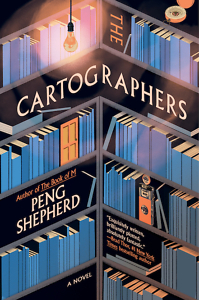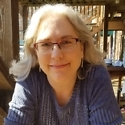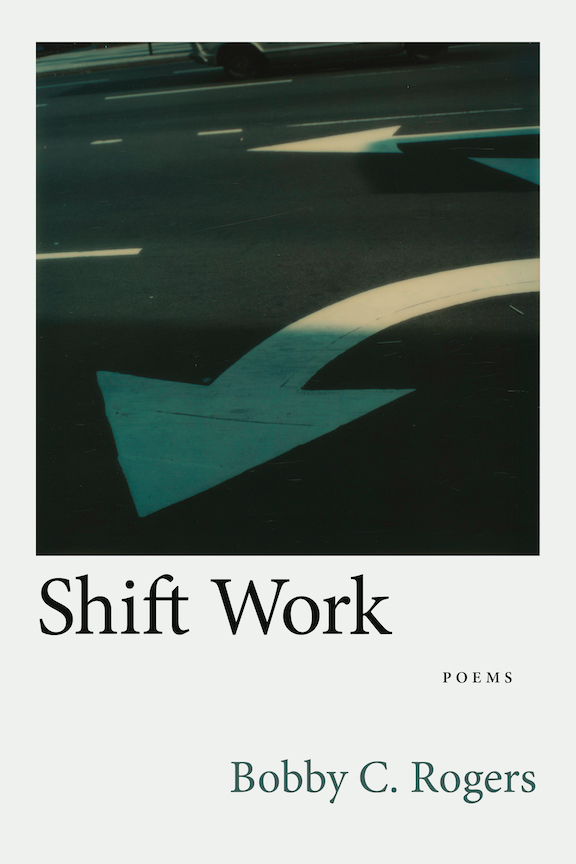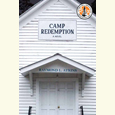Defining One’s Place in the World
A rare map points the way to a dreamlike — yet deadly — destination
Nell Young, the protagonist of Peng Shepherd’s second novel, The Cartographers, is born into a family of map scholars. Her mother’s celebrated career is cut short when Nell is only a toddler, but Nell grows up at her beloved father’s side, roaming the Map Division of the main branch of the New York Public Library, where he ultimately rises to the position of head curator.

Determined to follow in her parents’ professional footsteps, Nell makes it all the way to an internship at the same library, but her discovery of a box of uncatalogued yet potentially valuable maps leads to a terrible argument that ends in her father’s demand that Nell (and her boyfriend, Felix) be fired.
Seven years later, when her father is found dead in his office, Nell is summoned to the library once more: “If she had ever believed in magic, here would have been the place where she would have gone looking for it,” Shepherd writes. “Even now, it was hard not to imagine that there could be some secret tucked between the pages of an unassuming text, as she ran her hands over the back of her father’s leather office chair and breathed in the musty scent of ancient paper and wood. Every time he’d brought her with him to work in her youth, he’d sat her on its well-worn cushion and promised her in his deep, solemn voice that this office would be hers one day. She had believed him.”
Here, in a hidden compartment of her father’s desk, she finds one of the maps that sparked her banishment and their estrangement. Curiously, it’s a New York state highway map from the 1930s, ostensibly the least interesting or valuable item in the box she found. But as Nell learns more about the document, which may be the very last one of its kind, she begins to understand what a treasure it is — a treasure that someone might even kill for.
 “What’s the purpose of a map?” her father used to ask her. And she would dutifully reply, “To bring people together.” The highway map certainly does that, as Nell enlists the help of trusted friends and cartography experts, including Felix, to research its history. Nell’s fall from grace has led her down a disappointing professional path, but Felix works for a giant corporation whose eccentric founder’s overarching mission is to create a database so large it can “map” all of reality: “This was the entire world, in one single map. It was going to revolutionize the field of cartography. Hell, it was going to revolutionize every field — shipping and logistics, tourism, weather, agriculture, location-based games people played on their phones, even crime. It was going to be perfect.”
“What’s the purpose of a map?” her father used to ask her. And she would dutifully reply, “To bring people together.” The highway map certainly does that, as Nell enlists the help of trusted friends and cartography experts, including Felix, to research its history. Nell’s fall from grace has led her down a disappointing professional path, but Felix works for a giant corporation whose eccentric founder’s overarching mission is to create a database so large it can “map” all of reality: “This was the entire world, in one single map. It was going to revolutionize the field of cartography. Hell, it was going to revolutionize every field — shipping and logistics, tourism, weather, agriculture, location-based games people played on their phones, even crime. It was going to be perfect.”
As they examine the highway map and enlist the database to help, Nell and Felix are increasingly drawn to each other and old feelings surface. When Nell stumbles upon a shadowy group calling themselves “The Cartographers” and begins to uncover their identities, she slowly puts the pieces of the puzzle together into a shocking picture that includes her parents, a metaphysical leap, a tragic secret, and a rampaging killer.
Shepherd has crafted an otherworldly thriller of speculative fiction, complete with mystery, magic, romance, and danger. It’s a novel that will appeal to fans of V.E. Schwab’s The Invisible Life of Addie LaRue and Matt Haig’s The Midnight Library. It’s also a story about brokenness, healing, and forgiveness: “Cartography, at its heart, was about defining one’s place in the world by creating charts and measurements. Nell had lived her life by that idea, that everything could be mapped according to references and thereby understood. But she could see now that she had been paying attention to the wrong references. It was not a map alone that made a place real. It was the people.” Just as her father tried to teach her all those years ago.

Tina Chambers has worked as a technical editor at an engineering firm and as an editorial assistant at Peachtree Publishers, where she worked on books by Erskine Caldwell, Will Campbell, and Ferrol Sams, to name a few. She lives in Chattanooga.


